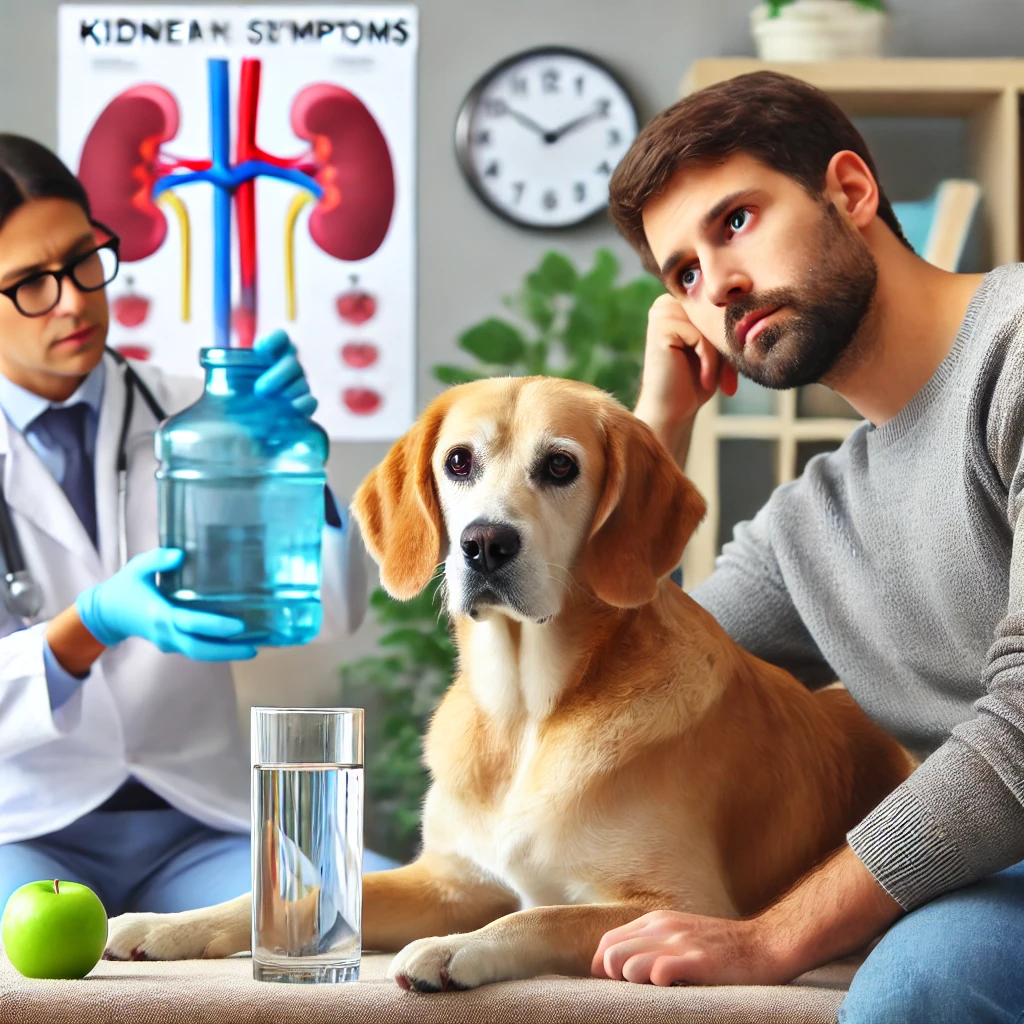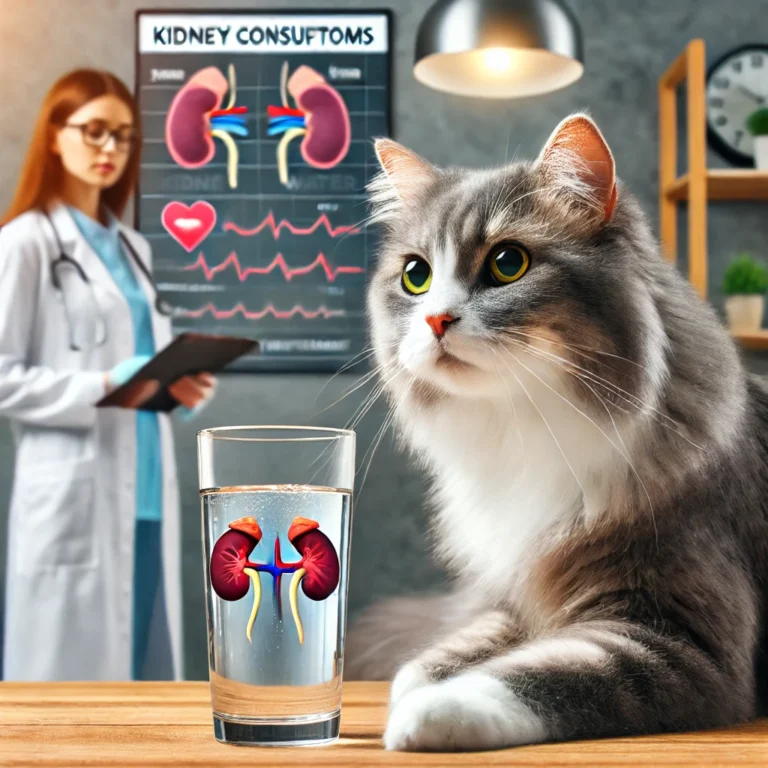8 Warning Signs Your Dog May Have Kidney Disease
Kidney disease in dogs is a serious condition that can develop gradually or occur suddenly. The kidneys play a vital role in filtering toxins from the blood, balancing fluids, and maintaining overall health. When kidney function declines, it can lead to severe health issues. Recognizing the warning signs early can help dog owners seek veterinary care and improve their pet’s quality of life. Here are eight key signs that your dog may have kidney disease.
1. Increased Thirst and Frequent Urination
One of the most common early signs of kidney disease in dogs is excessive drinking and urination. If your dog is drinking water more frequently than usual or urinating more often, it could indicate the kidneys are not effectively concentrating urine.
2. Loss of Appetite and Weight Loss
Dogs with kidney disease often experience a decrease in appetite due to nausea caused by toxin buildup in the bloodstream. This can lead to significant weight loss and muscle wasting over time.
3. Vomiting and Nausea
As kidney function declines, waste products accumulate in the blood, causing nausea and frequent vomiting. Some dogs may also drool excessively or appear uninterested in food.
4. Bad Breath with a Chemical Smell
An ammonia-like or chemical odor in your dog’s breath can be a sign of kidney disease. This is due to the accumulation of waste products in the body, which affects oral health and leads to an unpleasant smell.
5. Lethargy and Weakness
Dogs suffering from kidney disease may become weak and less active. They may sleep more than usual, show signs of fatigue, and lose interest in activities they once enjoyed.
6. Poor Coat Condition
A healthy dog’s coat is typically shiny and well-groomed. Kidney disease can lead to dehydration and malnutrition, resulting in dry, dull, or rough fur. If your dog’s coat condition worsens without an obvious cause, it could be a warning sign.
7. Pale Gums and Signs of Anemia
Chronic kidney disease can lead to anemia, which results in pale gums and weakness. If your dog’s gums appear lighter than usual or they seem lethargic, consult a veterinarian.
8. Mouth Ulcers and Drooling
In more advanced cases of kidney disease, dogs may develop ulcers in their mouths due to the accumulation of toxins. This can cause excessive drooling, difficulty eating, and noticeable discomfort.
What to Do If You Notice These Signs
If you observe any of these symptoms in your dog, schedule a veterinary visit as soon as possible. Your vet will perform blood tests, urine analysis, and other diagnostic procedures to assess kidney function. Early detection and treatment can slow the progression of kidney disease and improve your dog’s quality of life.
Preventing Kidney Disease in Dogs
While some causes of kidney disease, such as aging and genetics, cannot be prevented, there are steps you can take to support kidney health in your dog:
- Provide fresh, clean water at all times.
- Feed a balanced, high-quality diet.
- Schedule regular veterinary checkups.
- Avoid exposure to toxins, including certain medications and household chemicals.
- Monitor your dog’s weight and appetite regularly.
Kidney disease is a serious condition, but with early detection and proper management, dogs can live comfortably for years. Stay alert to any changes in your dog’s behavior and health, and consult your veterinarian for guidance.







